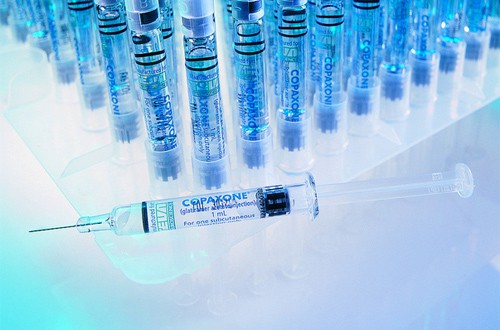
Teva Pharmaceutical Industries faces an investigation of its US marketing practices for two of its leading drugs.
The Israeli pharma company confirmed on Monday that the US Department of Justice (DoJ) has asked it to hand over documents related to the marketing of multiple sclerosis drug Copaxone (glatiramer acetate) and Parkinson’s disease treatment Azilect (rasagiline).
The DoJ wants access to documents as far back as January 2006 to help it ascertain if Teva made any civil violations of the federal False Claims Act in its promotion of the two medicines. The Act allows private citizens to file actions alleging that a defendant has defrauded the federal government, and has been the main route for whistle blowers in large businesses.
Although Teva’s main business is the marketing of generic drugs, Copaxone and Azilect are two original branded medicines marketed by the company. Copaxone is by far its biggest selling of the two, taking in $4.3bn during 2013, while Azilect reached revenues of $371m.
These contributed to total branded medicine sales of $8.4bn for the year – almost half of total company turnover of $20.3bn.
Teva also recently gained FDA approval for a new formulation of Copaxone allowing the drug to be administered subcutaneously three-times-a-week in MS patients rather than its current once daily indication.
The latest legal case follows previous investigations into Teva’s marketing activities, including a probe by the US Securities & Exchange Commission (SEC) over allegations of bribery in Latin America.
Other pharma companies to face scrutiny over marketing practices in the US in recent years include GlaxoSmithKline and Johnson & Johnson, both of which faced multi-billion dollar payouts.




